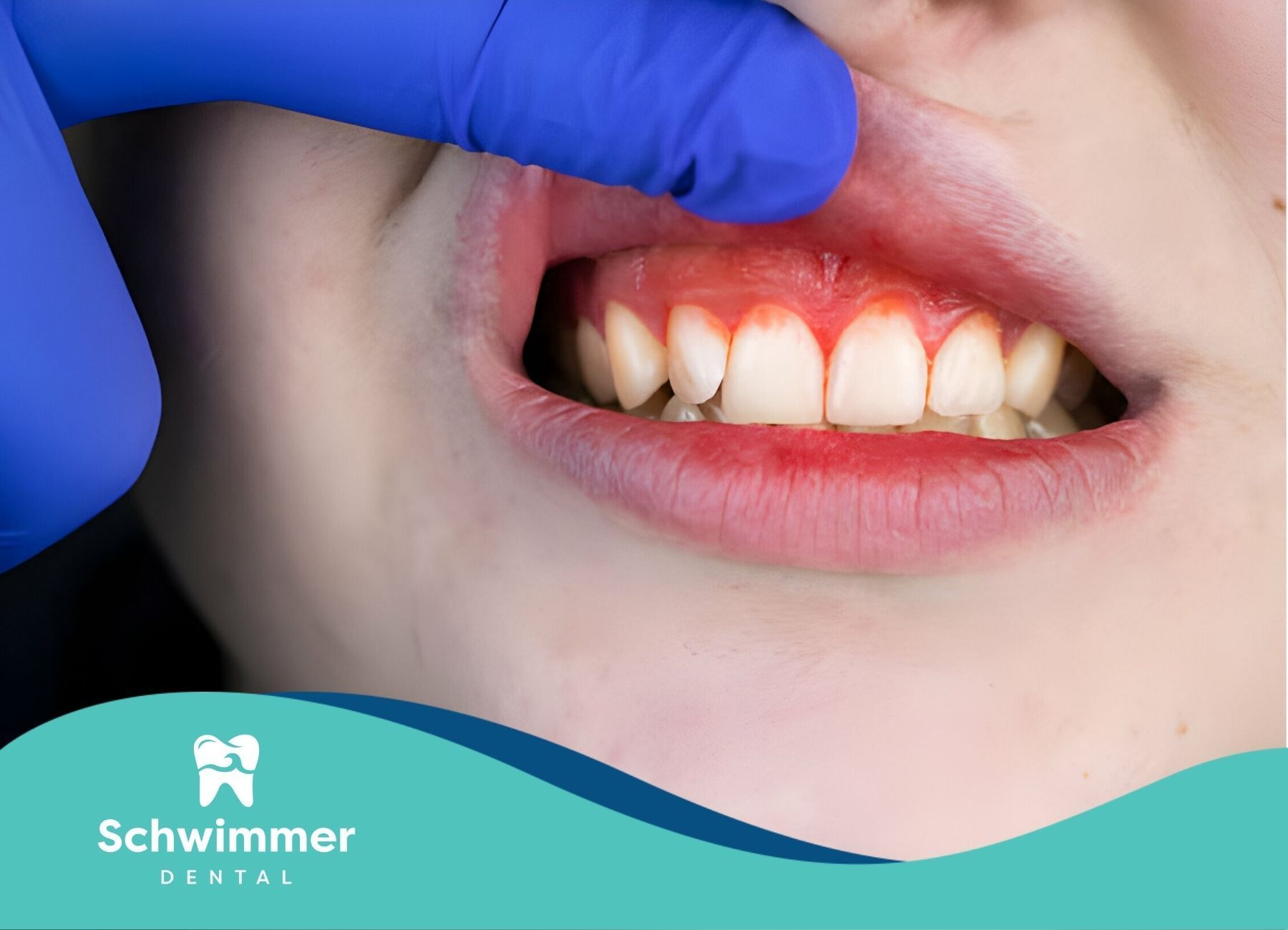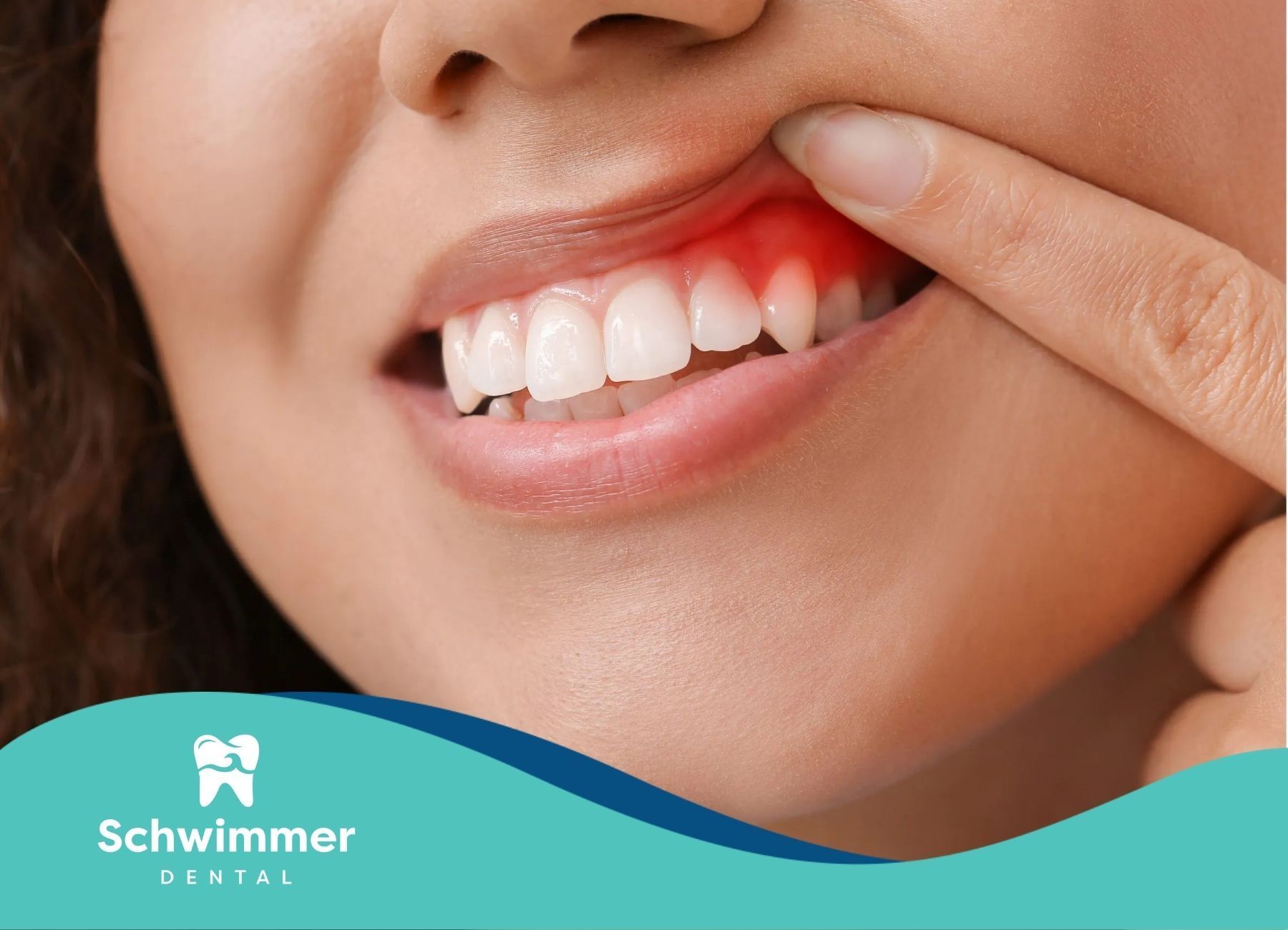Have an appointment? Complete the Intake Form
How to Take Care of Dental Veneers and Make Them Last for Years
A confident smile can change everything—how you feel about yourself, how others perceive you, and even how you navigate social and professional situations. For many people, dental veneers offer the perfect solution to achieving that flawless smile.
Whether it’s covering up stains, correcting minor misalignments, or fixing chipped teeth, veneers provide an immediate transformation. But while they’re durable and designed to last, they’re not invincible. Proper care is essential to ensure they stay in top condition for years to come.
Understanding Dental Veneers
What are Dental Veneers?
Veneers are thin, custom-made shells designed to cover the front surface of teeth, instantly enhancing their appearance. They can be made from porcelain or composite resin.
- Porcelain veneers: More durable, stain-resistant, and natural-looking. They typically last between 10 to 15 years.
- Composite veneers: More affordable but less durable. They usually need replacing within 5 to 7 years.
How Long Do Veneers Last?
One of the biggest misconceptions I’ve encountered is that veneers are indestructible. While they can last for a long time, their lifespan depends heavily on how well they’re cared for. Neglecting oral hygiene, biting down on hard objects, or consuming excessive acidic foods can all take a toll.
Daily Care Routine for Veneers
Brushing and Flossing
A solid oral hygiene routine is the foundation of veneer maintenance. Many people assume that because veneers aren’t natural teeth, they don’t require the same level of care.
That’s not true. The natural teeth underneath the veneers are still susceptible to decay and gum disease, which can compromise the veneers over time.
Brushing twice a day is essential, but the type of toothbrush and toothpaste you use matters. A soft-bristled toothbrush is best because hard bristles can wear down the polished surface of veneers.
Abrasive toothpaste, especially those marketed as “whitening,” can be too harsh and should be avoided. Instead, a non-abrasive fluoride toothpaste helps protect both the veneers and the natural teeth underneath.
Flossing daily is just as important. Many patients tell me they avoid flossing because they worry about damaging their veneers. The reality is that neglecting to floss can lead to plaque buildup and gum inflammation, which can eventually cause veneer edges to lift or become compromised. Using a gentle, waxed dental floss ensures the gums stay healthy without putting stress on the veneers.
Choosing the Right Mouthwash
Mouthwash can be a helpful addition to a daily routine, but not all types are safe for veneers. Alcohol-based mouthwashes can weaken the bonding material over time, so I always recommend choosing an alcohol-free option.
Dietary Considerations: What to Eat and What to Avoid
Foods That Can Damage Veneers
What you eat plays a significant role in how long your veneers last. While they’re built to withstand normal chewing, certain foods can cause damage or staining.
I had a patient who loved snacking on almonds throughout the day. When he came in for a checkup, I noticed a tiny chip in one of his veneers. It turned out that his habit of biting down on hard foods had weakened the veneer.
While veneers are strong, they’re not designed to handle excessive force from foods like ice, hard candies, or unpopped popcorn kernels.
To keep veneers in top condition, it's best to avoid:
- Extremely hard foods that could cause chips or cracks.
- Highly acidic foods and drinks like citrus fruits and soda, as they can weaken the bonding material over time.
- Excessive amounts of staining beverages such as coffee, tea, and red wine. If consuming them, use a straw or rinse with water afterward.
Healthy Choices for Veneers
A balanced diet helps maintain strong teeth and healthy gums, which in turn supports the longevity of veneers. Opt for:
- Calcium-rich foods like dairy products, leafy greens, and almonds.
- Vitamin D sources such as fatty fish and fortified foods to maintain strong enamel.
- Crunchy fruits and vegetables like apples and carrots, which naturally clean teeth and promote gum health.
Avoiding Bad Habits That Can Damage Veneers
Teeth Grinding and Clenching
Bruxism, or teeth grinding, is one of the biggest culprits of veneer damage. Many people don’t realize they grind their teeth until they start experiencing jaw pain or notice small chips in their veneers.
A custom-fitted night guard can protect veneers from excessive pressure caused by grinding during sleep.
Using Teeth as Tools
I’ve seen patients accidentally damage their veneers by using their teeth to open bottle caps or tear packaging. While natural teeth aren’t meant for these tasks either, veneers are even more vulnerable to chipping or detachment when exposed to unnecessary force.
Nail Biting and Other Nervous Habits
Nail biting puts continuous pressure on veneers, increasing the risk of small fractures. Patients who bite their nails often don’t realize they’re putting stress on their veneers until they notice damage.
If you struggle with this habit, keeping nails trimmed short or using a bitter-tasting polish can help break the cycle.
Professional Maintenance and Veneer Longevity
Regular Dental Checkups
Routine visits to the dentist are crucial for maintaining veneers. Professional cleanings remove plaque and tartar buildup, ensuring the natural teeth underneath remain healthy.
During these visits, I also check for any signs of veneer wear and tear, making early repairs easier and more cost-effective.
When to Replace Veneers
Veneers don’t last forever, and over time, they may need to be replaced due to:
- Natural wear and tear
- Changes in gum recession that expose the edges
- Staining or discoloration
- Chipping or cracks
Conclusion
Dental veneers are an investment in your smile, and with proper care, they can provide years of confidence and beauty. A good oral hygiene routine, a mindful diet, and avoiding damaging habits are all essential in preserving their appearance. Regular dental checkups also play a key role in ensuring they last as long as possible.
If you’re considering veneers or need guidance on maintaining your existing ones, Schwimmer Dental is here to help. Our expert team provides personalized care to ensure your smile remains flawless for years to come.
Reach out to Schwimmer Dental let’s keep your veneers looking their best!
FAQs
Can I use regular toothpaste on my veneers?
Yes, but it’s important to choose a non-abrasive fluoride toothpaste. Some whitening or gritty toothpastes contain harsh ingredients that can wear down the polish of veneers over time, leading to a dull appearance. Your dentist can recommend a safe toothpaste that cleans your veneers without causing damage.
Do veneers stain like natural teeth?
Porcelain veneers are highly resistant to stains, but composite veneers are more susceptible to discoloration. However, the edges where the veneer meets your natural tooth can still accumulate stains over time. To keep veneers looking bright, limit the consumption of staining foods and beverages like coffee, tea, red wine, and dark-colored berries. Smoking can also lead to discoloration along the edges of the veneers.
Can I chew hard foods with veneers?
Veneers are durable, but they are not as strong as natural teeth. Biting directly into hard foods like ice, nuts, raw carrots, or hard candy can cause chipping or cracking. It’s best to cut hard foods into smaller pieces and avoid using your front veneers to bite into tough items.
Need Assistance? We’re Here to Help
We are dedicated to enhancing your dental health and well-being.
We provide personalized dental care solutions for a confident, healthy smile.
Contact us today for Professional Dental Care.

Our caring staff will help you feel relaxed and comfortable in our state of the art office. We respect your time and pledge to deliver prompt service, backed by the latest knowledge, techniques, and technology.
Email: Office@schwimmerdental.com
Tel: (848) 294-2385
Fax: (732) 899-3347
Address: 1115 Arnold Ave,
Point Pleasant, NJ, 08742
Schwimmer Dental – Website by CWS


